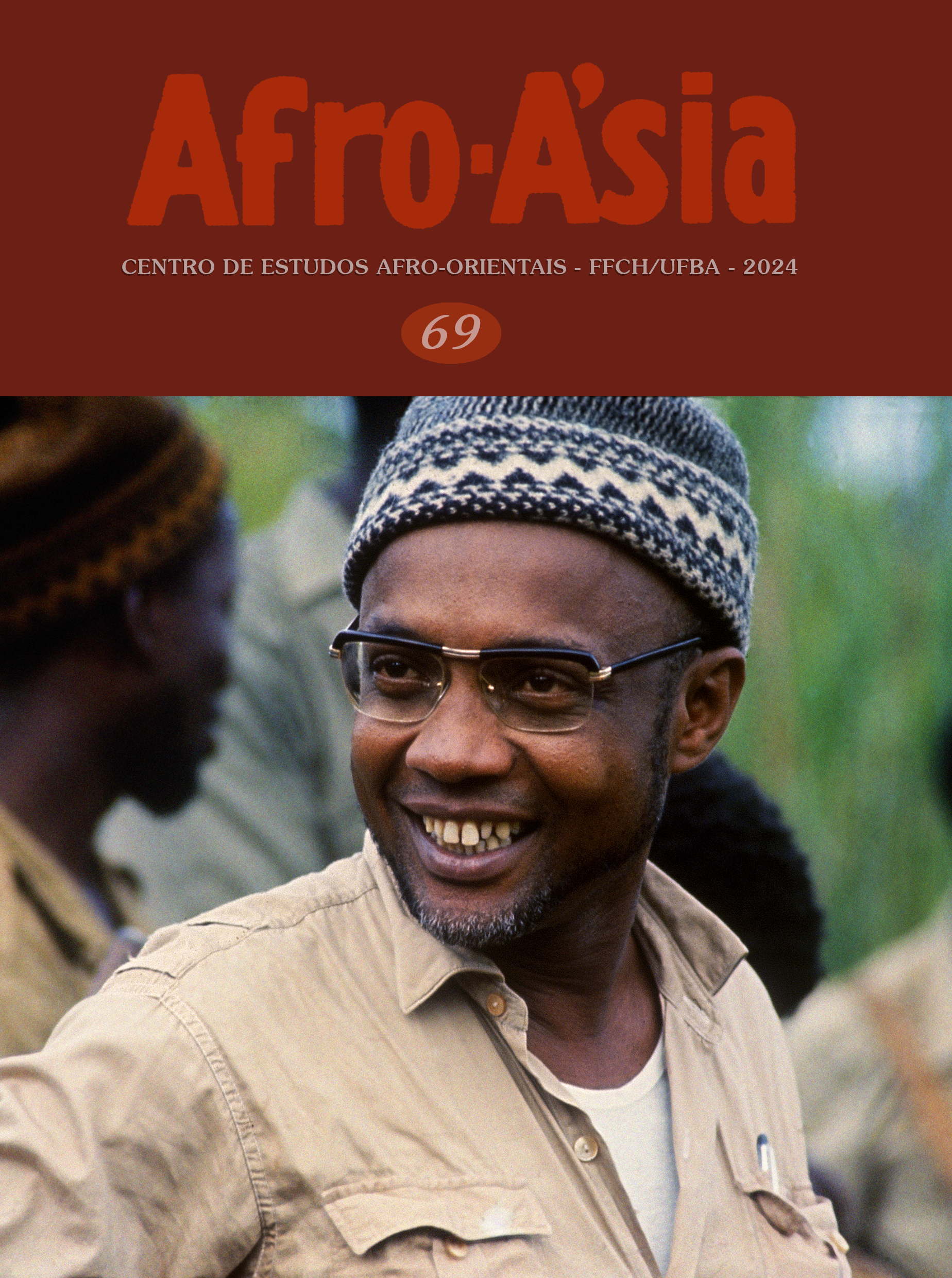Islam in the Black Atlantic
Saliu Salvador Ramos das Neves and His Family (Bahia and Lagos, c. 1830-1900)
DOI:
https://doi.org/10.9771/aa.v0i69.58675Keywords:
Agudas , Black Atlantic, Yoruba Muslims in Bahia, Islam in Lagos, Transatlantic SociabilityAbstract
Studies of Brazilian returnees or Agudás tend to focus on their attachment to Catholicism, treating Islam as a peripheral subject despite its undisputable role in catalyzing the first and most intense phase of return after the Malê Rebellion of 1835. The present study, based on extensive archival and ethnographic research, examines the history of the Muslim presence among returnees in Lagos, taking as a case study the life of Saliu Salvador Ramos das Neves, founder of one of the city’s oldest Brazilian mosques. We begin by examining his enslavement and early days in Bahia, where he lived through the Malê Rebellion, purchased his freedom, and formed a family that accompanied him to Lagos in 1857. The second part of the paper examines his household’s experience in Lagos, especially its early years there during a formative period of the town’s returnee community and the growth of its Muslim population. The final section of the paper traces the family’s continued contact with Brazil, which went on until the end of the century. The paper shows that their affective and commercial ties to Brazil existed within a larger context of voyages by Muslim returnees involved in trade between West Africa and Brazil, thus providing concrete evidence of Islam’s role in the dynamics of the Brazilian Black Atlantic.
Downloads
Downloads
Published
How to Cite
Issue
Section
License
Copyright (c) 2024 Lisa Earl Castillo, Kristin Mann

This work is licensed under a Creative Commons Attribution 4.0 International License.
You are entitled to freely share, adapt and use the work herein published for any legitimate purpose as long as authorship and the original source are acknowledged.




